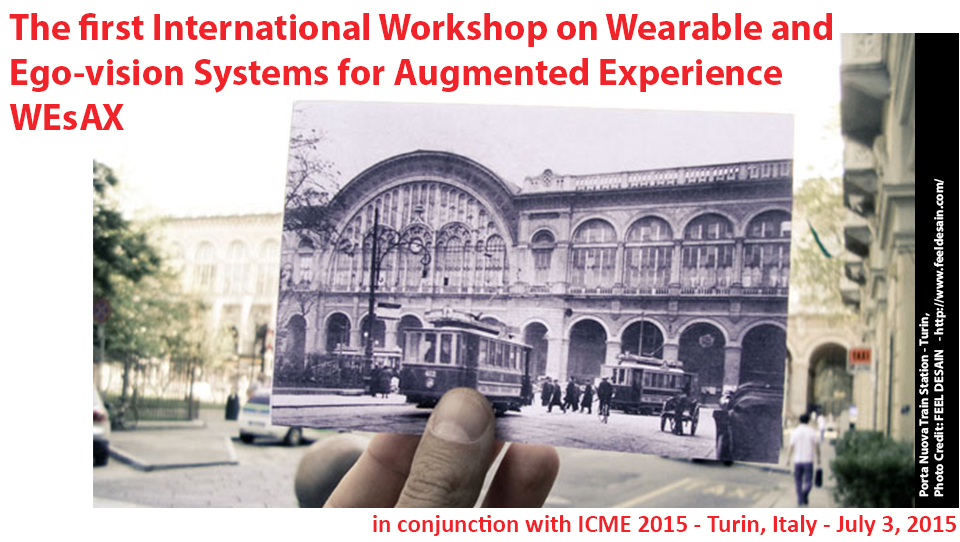
 Prof. Luca Benini (University of Bologna - ETH Zurich) |
 Dr. Kori Inkpen Quinn (Microsoft Research) |
|---|
|
The rapid progress in the development of systems based on wearable cameras, multi-sensor wearable devices and embedded computers have created the conditions to use multimedia and computer vision technologies to augment human experience in everyday life activities such as sport, education, social interactions, cultural heritage visits, etc. Wearable systems can be exploited for collecting and analyzing in real-time multimedia data (e.g. video, audio and multi sensor responses); wearable cameras can be enriched with egocentric vision (or ego-vision) to automatically understand gestures, actions, social interactions, object and events regarding the surrounding world. These systems can enhance our capabilities and augment our perception to create a high customizable and personal way of seeing the world. We believe that we are only at the beginning and that these technologies and their applications can have a great impact in future creative industries and can improve the quality of life. The goal of the first International Workshop on Wearable and Ego-vision Systems for Augmented Experience (WEsAX) is to give an overview of the recent technologies and system solutions, create a forum to exchange ideas and address challenges emerging in this field. Submissions are expected to deal with multimedia and to explore the human-centric perspective including, but not limited to:
|